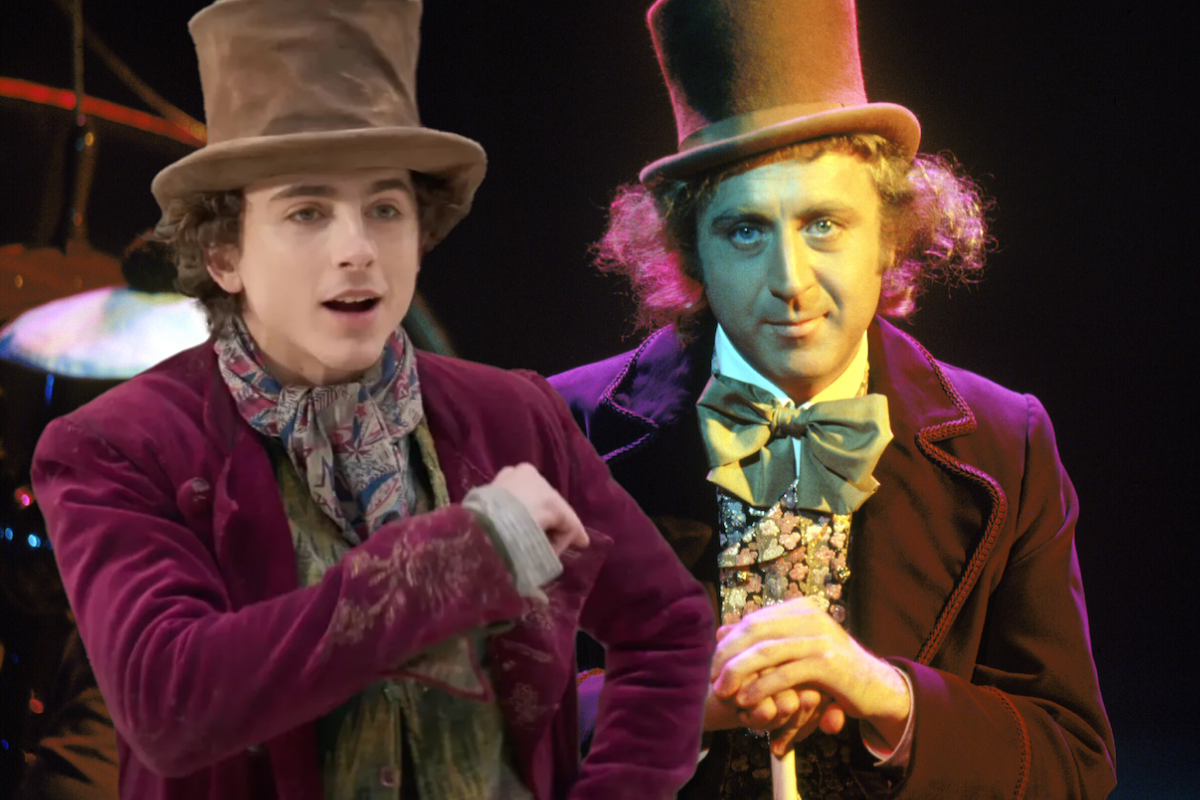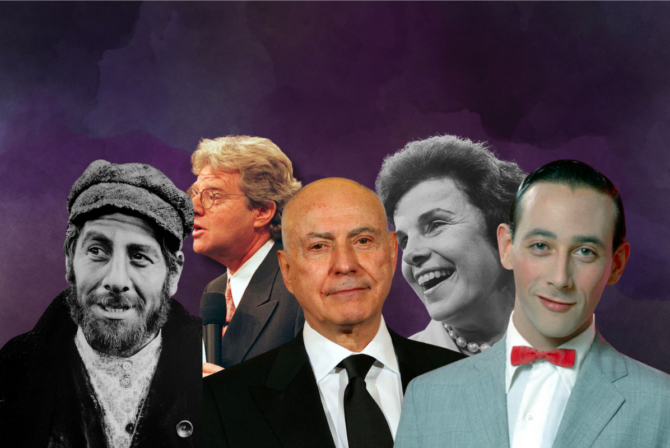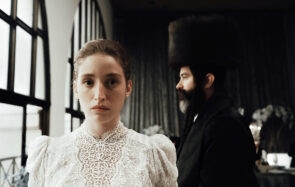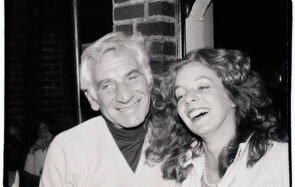A pang of regret made its way through my brain on Monday afternoon.
As I sat with my wife and two children in a local movie theater, and the opening credits of “Wonka”played, a graphic on the screen reminded me that the film we were about to see was a production of the Roald Dahl Story Company, which manages the intellectual property of the late children’s author — and self-professed antisemite.
Rather unlike a bar of chocolate, the image left a sour taste in my mouth as I prepared to watch the movie.
It’s not that I had forgotten that Willy Wonka and his Oompa-Loompas were among Dahl’s creations, or that I had forgotten how Dahl felt about families like mine. On the contrary, with that opening graphic came a reminder from the back of my mind that Dahl had once said in a 1983 interview that “even a stinker like Hitler didn’t just pick on [Jews] for no reason.” By the same token, though, even if Dahl and his antisemitism had been more front-of-mind for me on Monday morning, there’s a good chance I would have wound up in the same seat, staring at the same graphic.
In all honesty, with children ages 5 and 9, there were really only two choices as we planned our “traditional” Christmas Day trip to the movie theater on Monday: “Migration”or “Wonka.” And, with all due respect to the talented filmmakers and animators at Illumination, our 5-year-old’s voracious sweet tooth made it rather obvious which film would be enjoyed most.
So, there we were, and while I experienced a moment of regret, the longer we sat, the more the moment faded. It wasn’t that the simple pleasures of the film overshadowed Dahl’s antisemitism; instead, the more I thought about it, the more I found myself agreeing with the words published by George Herbert in 1640: “Living well is the best revenge.”
For starters, with its titular chocolatier played byTimothée Chalametin purple tailcoat and with curly hair, “Wonka”makes it clear from the get-go that this Wonka would go on to be the one played by the lateGene Wilderin 1971’s “Willy Wonka and the Chocolate Factory” even before two of that film’s songs, “Pure Imagination” and “Oompa Loompa,” make their return to the screen. And that film — which I have long enjoyed —so disgusted Dahlthat he eventually washed his hands of the entire production.
According to Dahl’s friend and biographer Donald Sturrock, Dahl opposed the casting of Wilder, preferring to see Wonka played by surreal English comedian Spike Milligan (Peter Sellers was his second choice). According to Sturrock, Wilder lacked the edge that Dahl wanted Wonka to have, and was too soft in general. By the same token, Sturrock described Dahl as feeling that the music from the original film was “too sappy and sentimental.”
By contrast, 2005’s “Charlie and the Chocolate Factory,”starring Johnny Depp and directed by Tim Burton, was the product of a deal with Warner Brothers that saw the Dahl estate grantedapproval rights over all creative talent. Yet, for however faithful the 2005 film may have been to Dahl’s vision (as interpreted by his window; Dahl died in 1990), there’s little doubt that Wilder’s interpretation is the more beloved (not to mention更多meme-able). In light of Dahl’s feelings about the 1971 film and Gene Wilder’s portrayal of Willy Wonka, there’s a certain satisfaction in seeing them cemented in the Wonka canon by the 2023 prequel film.
And then there’s the actors behind that portrayal, as Chalamet (like Wilder before him) is Jewish. At a time when parents can take their children to see “Wonka”in the afternoon, then stream “Maestro” on Netflix when the kids are asleep, it’s worth remembering that the late conductor was a particularly prolific interpreter of the music of Richard Wagner (who was, like Dahl, awell-known antisemite). To see one Jewish actor follow another in the role, and further establish a portrayal that Dahl protested, certainly strikes me as a shining example of living well as “the best revenge.”
Further,who better than a Jewish actorto portray cinema’s best-known chocolatier? Indeed, it was Spanish merchants of Jewish descent who pioneered the trade of cocoa beans and the manufacture of chocolate. It was “Jacob the Jew” who first sold hot chocolate in England in his coffeehouse in 1650. It was another 17thcentury Jew who brought the art of chocolate making to Belgium. That history, then, further qualifies Wilder and Chalamet to bring Wonka to the big screen… and deepens my enjoyment of their portrayal.
After all, if Dahl disliked Gene Wilder’s portrayal of Willy Wonka, one could imagine him turning over in his grave at the idea of the portrayal being further enshrined in canon byyet another Jewish actor, in a film enjoyed by countless Jewish families on Christmas Day… right before we went home to enjoy a Chinese dinner.
The best — and most delicious — revenge, indeed.








